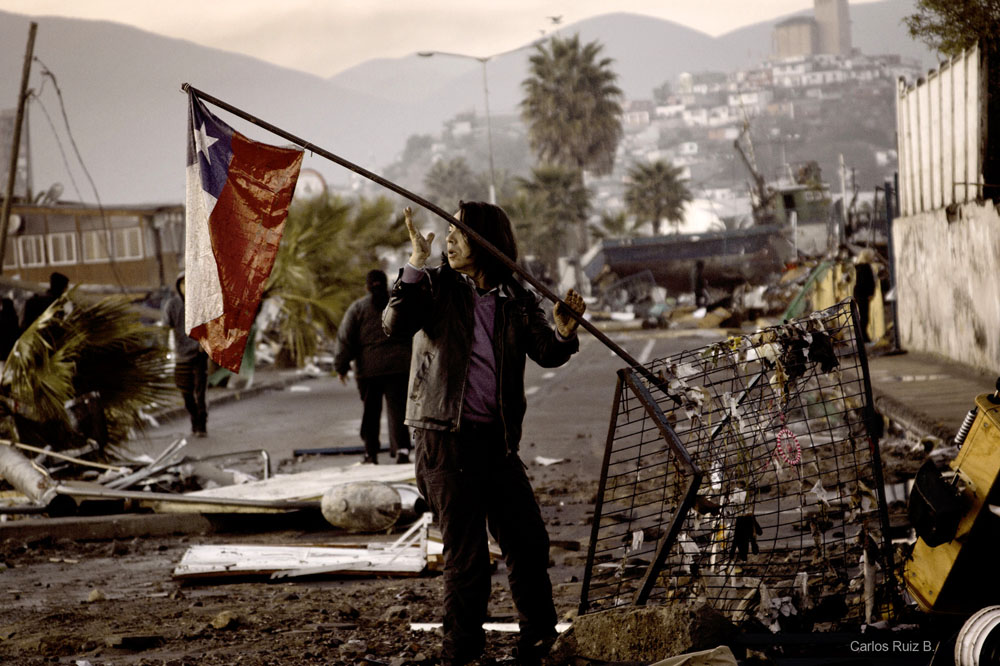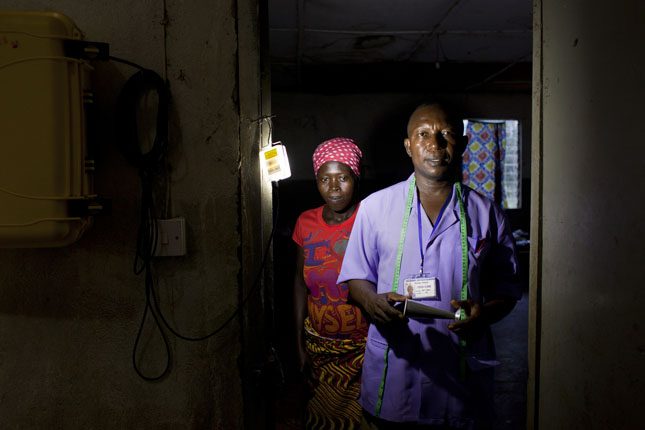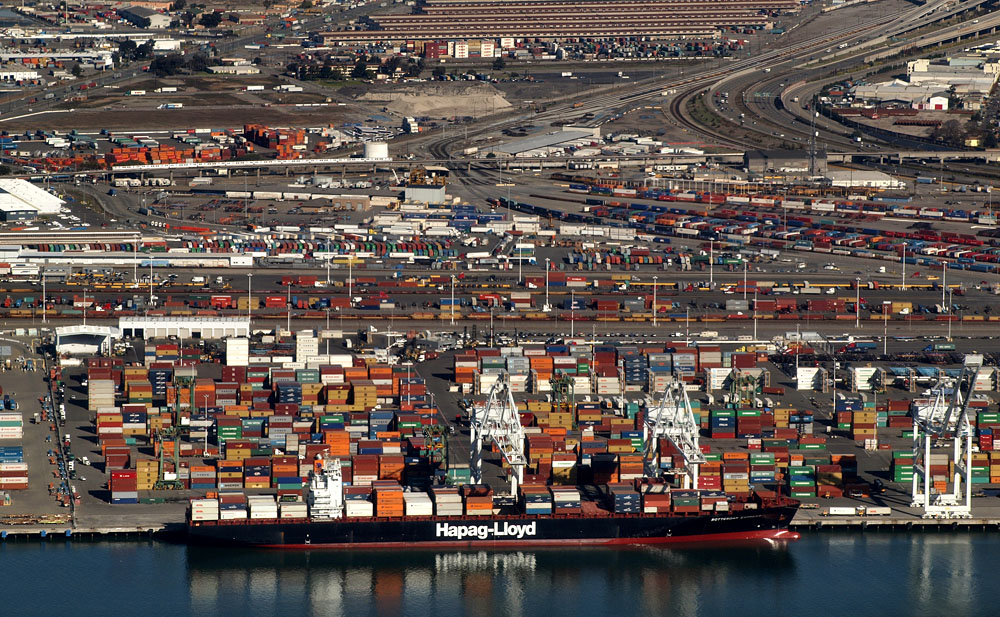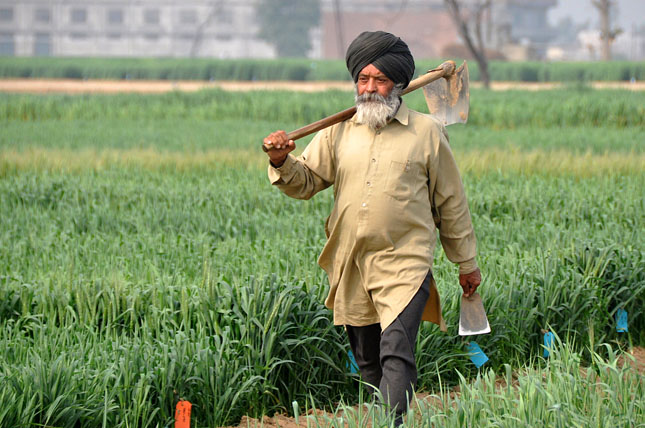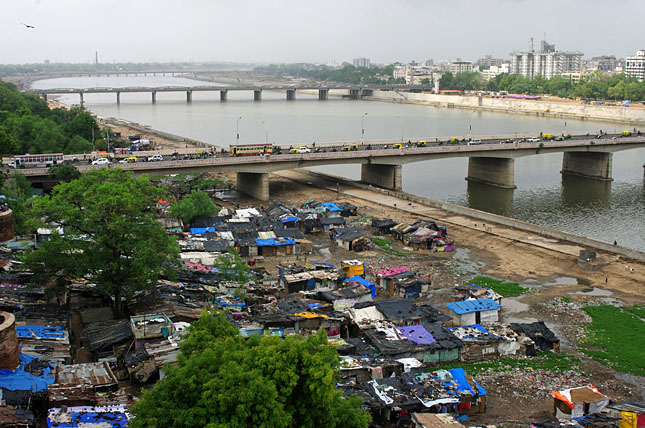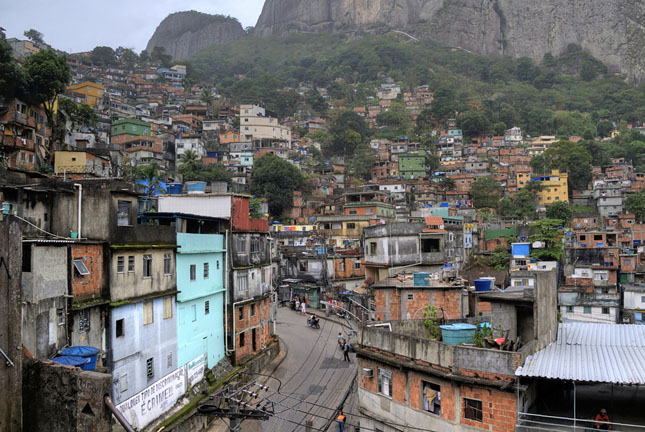-
Growing Role of Armed Forces in Disaster Relief a Dangerous Trend for Latin America
› -
Iatrogenic Fistula on the Rise as More Women Gain Access to Surgery
›
Obstetric fistula is a devastating childbirth injury caused by prolonged obstructed labor. It can lead to incontinence and infection, social stigmatization as others recoil in horror, and even mental illness. Between 50,000 to 100,000 women each year are affected by it – and it’s entirely preventable with proper medical attention.
-
Better Training and Support for Midwives Is Saving Women’s Lives
›
The feats that pregnant women perform under some of the most rudimentary conditions are sometimes unimaginable.
-
Soy What? How China’s Growing Appetite is Transforming the Port of Oakland
› -
Lisa Palmer, The Guardian
India’s Climate Tech Revolution Is Starting in its Villages
›October 16, 2015 // By Wilson Center Staff
Camels pulling wooden carts loaded with coconuts plod down the main road amid speeding motorcycles, buses, rickshaws, and cars. Farmers sit atop slow-moving oxcarts loaded with grasses and other cattle feed. In this region of central Gujarat, India, it appears that rural life has not changed for decades.
-
Evaluating Aid: Water Filters in Ahmedabad Leave Poor With No Good Options
›
When you shop for a new refrigerator or pair of shoes, where do you look for information about products? Do you log onto Amazon and read reviews? Check Consumer Reports for lab-verified results? Consult your neighbor or mom?
-
Climate Change Adaptation and Population Dynamics in Latin America and the Caribbean (Report)
›
Global climate trends indicate that our planet will continue warming into the next century, leading to more extreme climate conditions. The Latin America and Caribbean region is vulnerable to some of the most challenging aspects of climate change – sea-level rise, changes in precipitation, glacial melting, spreading of disease, and extreme weather events.
-
Migratory Labor for Extractive Industries Creating “Sons of Soil” Conflict in China
›In May 2011, two weeks before I was scheduled to start research in the region, a Mongol herder named Mergen was hit by a mining truck while protecting his pastureland in Xilingol, Inner Mongolia. He was dragged 140 feet and killed. His death sparked a month of protests.
 A Publication of the Stimson Center.
A Publication of the Stimson Center.

